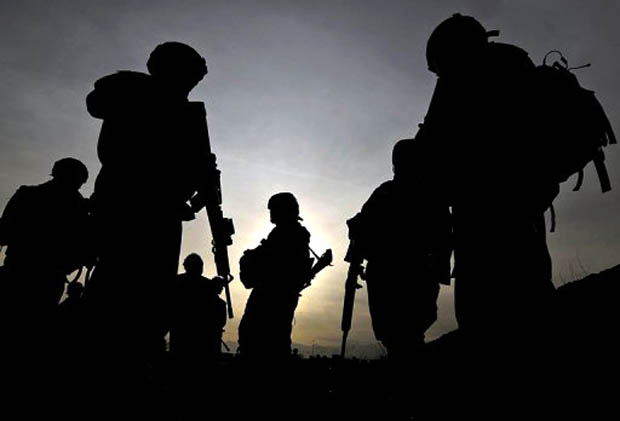Last week was another roller coaster ride for international politics. Violence in Egypt; looming civil war in Syria; and threats and counter-threats over Iran’s nuclear intentions reverberated around the international security community intensifying the gathering sense of impending disaster.
In Brussels at the NATO Defense Ministers’ meeting followed by the Munich Security Conference the next day, U.S. Secretary of Defense Leon Panetta fueled this uncertainty by calling for a transfer of U.S. combat responsibility to Afghan national security forces in 2013, a year earlier than the promised 2014 withdrawal date.
Reaction was predictable from all sides of the spectrum. Supporters applauded the announcement as further signs of accelerating the withdrawal and pressuring the Karzai government in Kabul to assume its full share of the burden. Critics predictably denounced the statement as giving the enemy our timetable and quitting the field of battle before the Afghans were ready and able to defend themselves.
The tragedy remains self-evident. Despite the furor about turnover and withdrawal dates, that debate won’t determine Afghanistan’s future.
The U.S. and NATO Afghan strategy has rested on three foundations and the help of Pakistan. Security, governance and economic development form the three legs. Because the bulk of effort has been on the security leg — to seize, hold and protect territory to create a safer environment for Afghans and to train Afghan forces to assume those duties — the other legs have been neglected and won’t be ready to assure Afghanistan’s future for a long time to come probably well beyond 2014.
It is unknowable how long it will take, if ever, for these other two legs to take hold. Meanwhile, the overland supply route from Pakistan is still shut and relations with the United States are stalled at rock bottom.
Some observers say that should the Obama administration win a second term, withdrawal will be even faster. The good news is that a withdrawal will relieve pressure on Pakistan and as a result the insurgencies as well as widespread anti-American animosity will lessen.
Still, critics have a point — suppose Afghanistan is unready to govern itself and provide for its people a modicum of security and prosperity including the ability to pay for its security forces. What then?
Beyond these possibly fatal weaknesses, cultural understanding has never been an American strength. We failed in Vietnam in large part because of cultural incompetence. The efforts in Central America to bring down dictatorships suffered the same short sightedness and ignorance. We launched into Afghanistan and then Iraq without learning those lessons. And we are paying the price.
Two Afghan truisms have been dismissed at our own peril. First, (virtually) all Taliban are Pashtun. But not all Pashtun are Taliban. Second, as the Soviet Union learned, its army had all the wristwatches. The mujahedin had all the time.
The lesson is that the Taliban “problem” is largely a Pashtun matter. Unless we address that as well as accommodate Pashtunwali — the Pashtun code of conduct millennia old that rests all on honor, hospitality and revenge — the outcome is predictable and time isn’t on our side.
The only potential solution — and one that may not work — is a negotiated settlement. That means bringing in all parties not just from inside Afghanistan but its near and far neighbors to include China, Russia, India, Pakistan, Iran, Turkey and Saudi Arabia in a major peace conference to settle Afghanistan’s future because piecemeal activities and set dates to transfer responsibilities to the Afghans won’t work.
Fortunately, an opportunity to accomplish such a conference can be created.
Toward the end of May, NATO will have a heads of government summit in Chicago. Planning for that summit is in process. Afghanistan will be a critical agenda item especially given the French decision for an early pullout and Panetta’s statements. It is unlikely that the presidential election in France will alter that decision regardless of who wins.
Why then not tee up the idea of a major international conference on Afghanistan with the intent of finding a means to keep Afghanistan a stable and more peaceful as well as more prosperous state? That will mean including insurgents including Taliban. It also will mean engaging the Pashtun as well as other minorities. And while Pakistan remains a crucial part of any settlement, that can be done in conjunction with Afghan’s neighbors.
NATO is entering its 11th year in Afghanistan. World War II, from a European perspective, lasted six years. The Cold War went on for nearly 45. If Afghanistan isn’t handled properly, that war could simmer for far longer.
Harlan Ullman is senior advisor at the Atlantic Council, and chairman of the Killowen Group that advises leaders of government and business. This article was syndicated by UPI.
Image: afghanistan-exit.jpg
